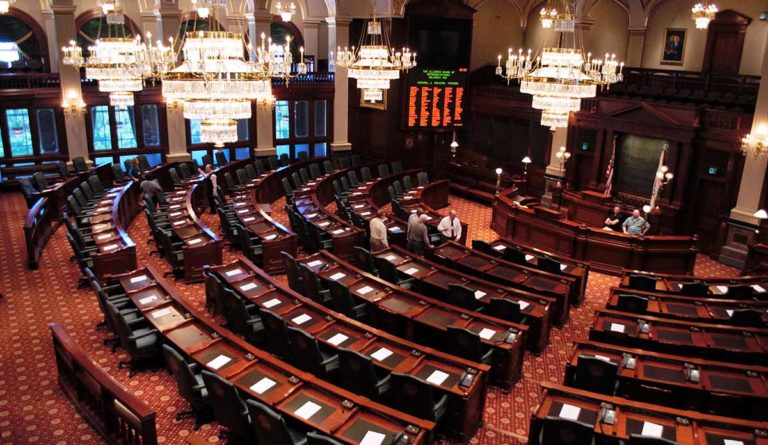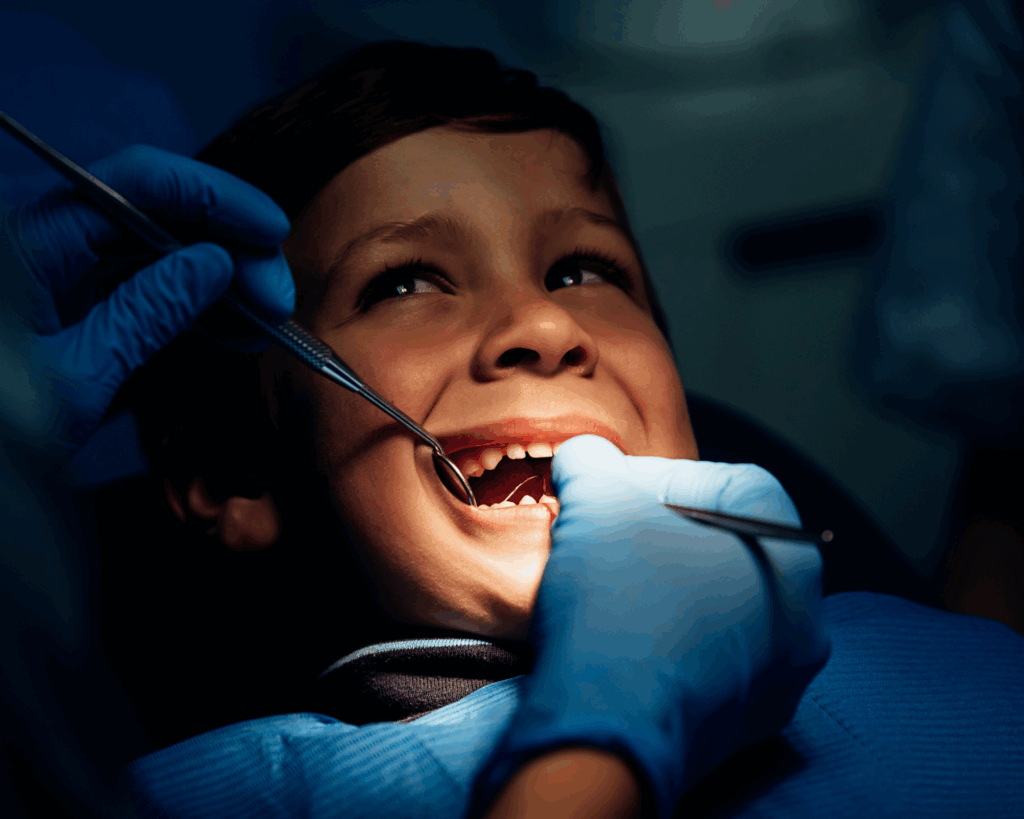New Budget, Old Problems: Public Health Challenges in Illinois
The ongoing effects of the Illinois budget crisis, in particular on public higher education, have clear negative consequences for individual and community health.

Read Time: 5 minutes
Published:
Illinois had no state budget for more than two years, causing myriad public problems in one of the most populous states in the U.S. On July 6, 2017, the Illinois state legislature enacted a full budget with bipartisan support, over the veto of Republican Governor Bruce Rauner. I highlighted some of the public health impacts of the Illinois budget crisis for Public Health Post in December 2016, including disastrous funding issues for local and state public health organizations and social service providers. While the new budget is a critical first step towards restoring vital public health programs and services, policymakers, service providers, and citizens face ongoing uncertainty and long-term repercussions across Illinois.
The budget passed in July 2017 is focused on re-establishing state funding in several key areas, accomplished largely through increases in personal and corporate income taxes. First and foremost, the budget helps Illinois begin to pay for both the ongoing costs of state functioning and the $15 billion in unpaid bills resulting from the two-year budget crisis. Achieving this basic level of financial functioning was also essential to Illinois’s recovery as it stabilized the state’s credit rating, which plummeted during the budget crisis but just barely avoided hitting “junk” status. This would have been an unprecedented and extensive financial problem for the state. Even with a budget in place, Illinois continues to face significant financial problems, including the yet-unresolved challenge of meeting its $130 billion obligation in pension liability, which in part prompted the budget crisis in 2015.
The continuing problem of the state’s pension debt and the ongoing negative impact of the state’s poor credit rating serve as present threats to the stability and reliability of all state funding and therefore are critical components of Illinois’s commitment to public health and well-being. The new budget allocates vital funds to health, education, and social service providers, but many institutions and agencies remain anxious about rebuilding programs and rehiring staff with the specter of the budget crisis so present. The new budget includes regular funding for suffering K-12 public education, decimated social service providers, and desperate public universities, many of which were facing the prospect of shutting their doors if money did not arrive this fall. However, this year’s funding does not resolve the challenges these organizations face in repairing the problems created over the last two years.
…Illinois’s most vulnerable students stand to suffer most from the budget crisis’s impact on public higher education, exacerbating disparities in higher education achievement along income, race, and socioeconomic lines.
Public higher education is not the most direct influencer of public health in a state, but ample scientific evidence links more education with better health, and Illinois’s most vulnerable students stand to suffer most from the budget crisis’s impact on public higher education, exacerbating disparities in higher education achievement along income, race, and socioeconomic lines. The budget crisis delayed or eliminated critical grant and scholarship funding otherwise available to low-income and first-generation college students, and the new budget cuts prior public higher education funding by 10%.
Financially vulnerable students, and first-time college students facing other barriers and alternatives to college attendance, may have been unable to begin, remain in, or continue full-time in college due to the budget crisis. Under the new budget, many of these students may still face financial barriers to college from reduced state funding, or they may question, with good reason, the state’s reliability as a funder of their educations. Further, universities (like Chicago State University) and community colleges (like that in Kankakee) dedicated to the education of students with fewer financial and network resources to attend other institutions felt the sting of the budget crisis particularly strongly, losing scores of faculty and staff, serving fewer students, and eliminated important supports like campus-based child care for students, none of which can be remedied quickly, even with a new budget in place.
Compared to those without, people with a college degree live longer, have lower rates of chronic illness, and experience risk factors like high stress and smoking at lower rates.
All of these factors matter to public health because education is a clear social determinant of health. Compared to those without, people with a college degree live longer, have lower rates of chronic illness, and experience risk factors like high stress and smoking at lower rates. Research has gotten sophisticated enough to separate out direct impacts of education on health from correlations that might reflect common causes of both lower education and poorer health (like systemic racism, or childhood trauma). For instance, scholars at the National Bureau of Economic Research offer evidence that college education directly impacts mortality, particularly related to access to health insurance, health care, and opportunities to practice health-promoting behaviors among those with college degrees.
In Illinois, the two-year budget impasse and the ongoing effects of the budget crisis on public higher education have disproportionately harmed those college students and potential college students who are already most vulnerable to poor health outcomes due to poverty and racism. Renewed public funding for K-12 schools and health, mental health, and social service agencies is essential to promoting public health in Illinois, but the state’s higher education institutions and the students who rely on them face continued challenges with clear negative consequences for individual and community health.
Feature image: Tom Shockey, Springfield Illinois, used under CC BY 2.0



